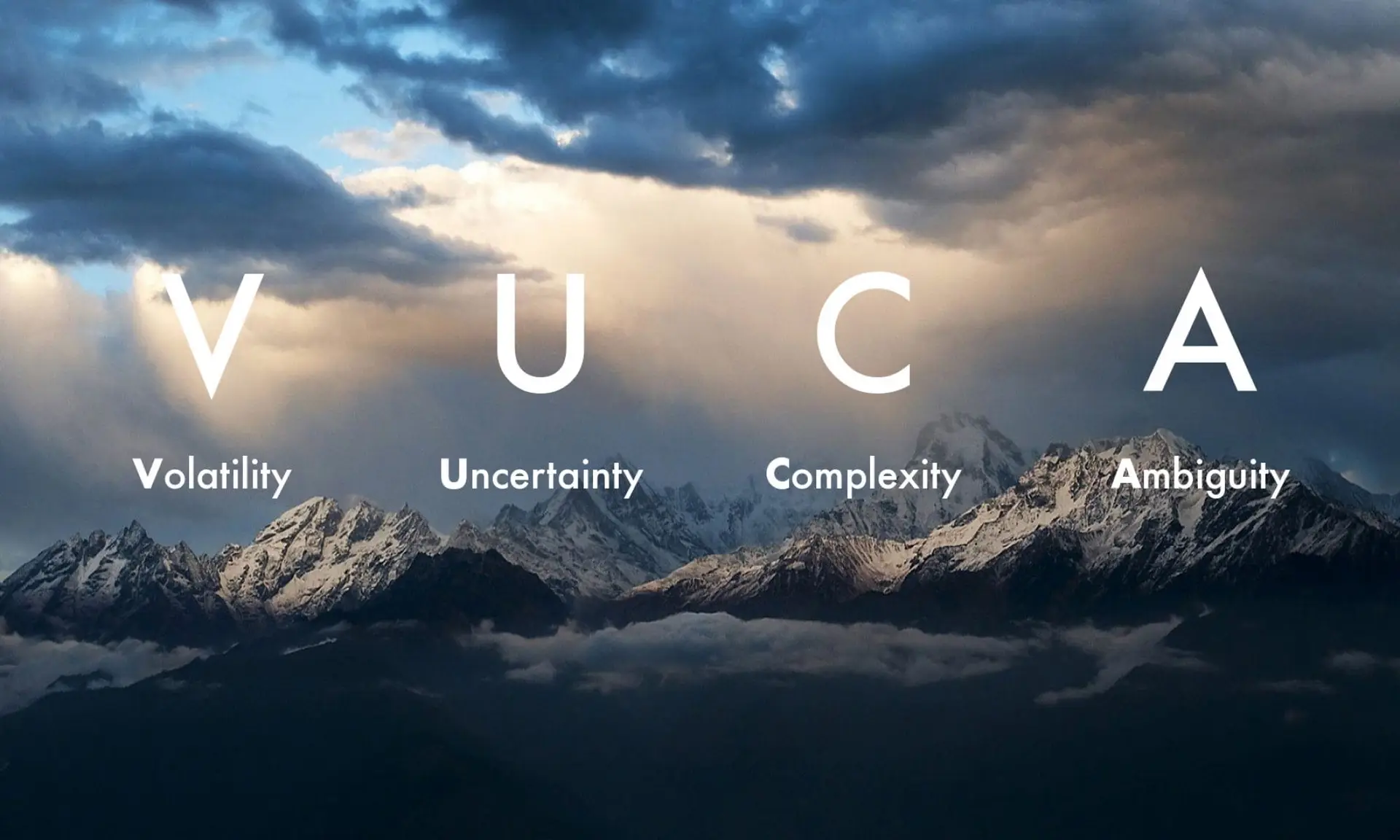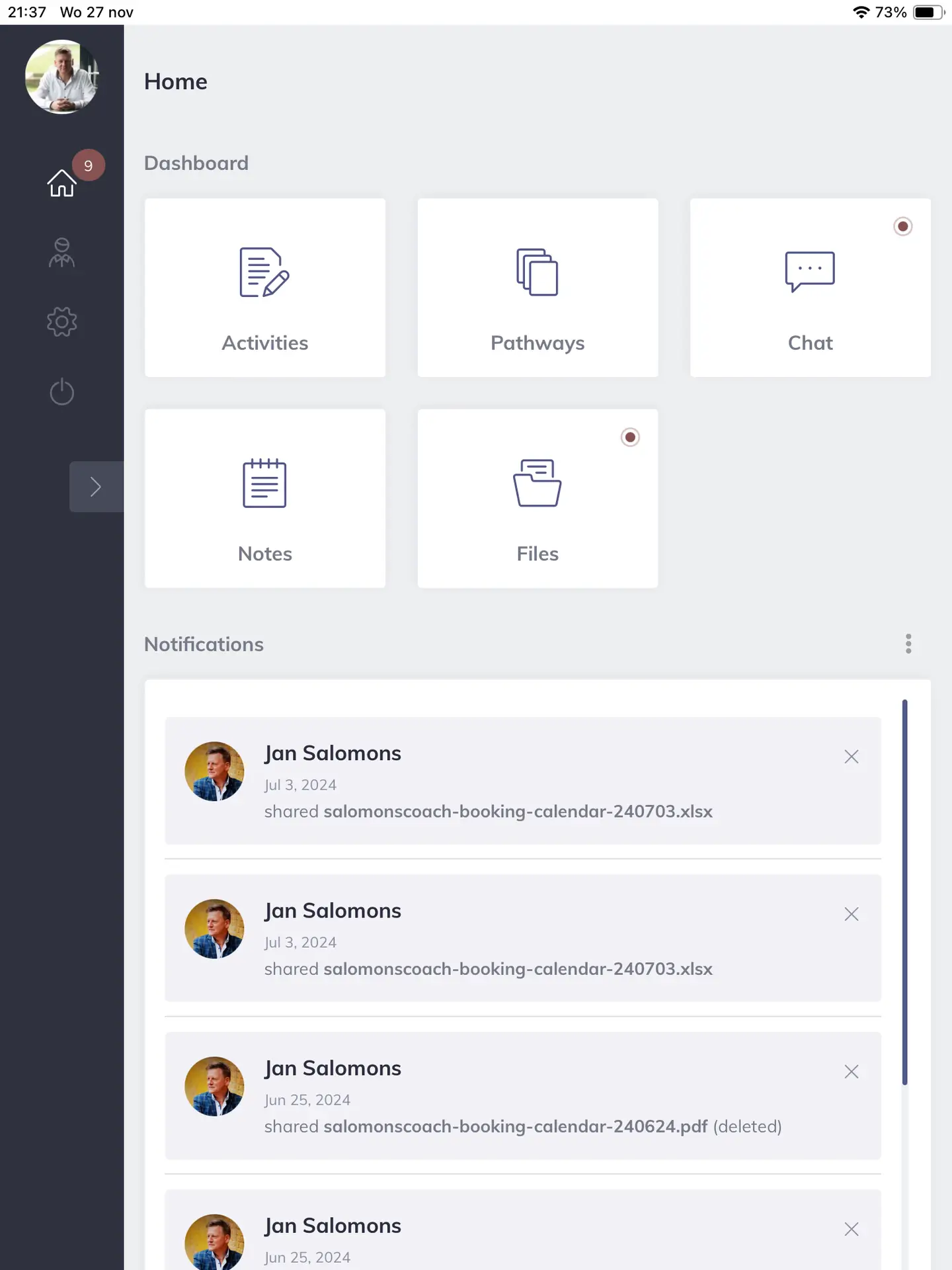VUCA—volatility, uncertainty, complexity, and ambiguity—defines today’s fast-changing business world. Leaders face rapid change, unclear outcomes, and interconnected challenges daily. Recognizing VUCA in action helps leaders respond effectively. By understanding its components and adopting agile strategies, leaders can make better decisions, build clarity, and guide their teams through uncertainty with confidence.
Strong decision-making is the cornerstone of effective leadership. It provides clarity, empowers teams, and ensures agility in complex situations. By defining problems accurately, gathering diverse perspectives, and taking decisive action, leaders can reduce inefficiency and build trust. Decision-making isn’t just about choosing the right path—it’s about fostering alignment and learning from outcomes. When leaders approach decisions systematically, they create...
Miscommunication is a leading cause of workplace inefficiency and conflict, often resulting in misunderstandings, reduced productivity, and increased tension. Studies highlight how poor communication impacts team dynamics, leading to incorrect assumptions and diminished morale. Addressing these challenges requires fostering clarity, active listening, and emotional intelligence to create stronger connections and avoid conflict. Effective communication not only resolves workplace issues...
How I work Leadership is a dynamic journey of action, reflection, and growth. Over the years, I’ve developed a comprehensive coaching approach that integrates the experiential principles of Kolb’s Learning Cycle, the humanistic insights of Carl Rogers, the structured feedback
If you prompt ChatGPT for “write how coaching is defined by HBR – summarize how HBR has published about coaching in the last 10 years – keep it short”, this is what you get: Harvard Business Review (HBR) has extensively
Effectiveness of Coaching vs Leadership Development Programs. Organizations invest heavily in leadership development, spending up to 5% of annual revenue on training programs, yet only 11% of executives report these initiatives meet expectations. Research shows leadership training can boost job performance by 20%, but challenges remain in achieving sustained results.
Leadership coaching, on the other hand, offers a personalized approach,...
Creating an environment of psychological safety is vital for team trust and collaboration. Leaders can achieve this by modeling vulnerability, encouraging inclusive participation, establishing clear communication norms, implementing structured reflection, providing support, and monitoring team dynamics. Key strategies include sharing personal mistakes, seeking feedback, promoting open dialogue, valuing diverse perspectives, setting respectful interaction expectations, conducting regular debriefs, offering training,...
Discover the true essence of Ikigai—far beyond the popular Venn diagram. Rooted in Japanese culture, Ikigai is about finding joy and purpose in the small, meaningful moments of everyday life. Learn how this concept has been misunderstood and how embracing its authentic meaning can lead to a more fulfilling existence.
Experience coaching like never before with the **Quenza app**, your personalized hub for growth and engagement. Quenza enhances your coaching journey with tailored exercises, progress tracking, and secure communication, keeping you connected and focused between sessions. Organize notes, documents, and reflections in one place while benefiting from interactive pathways and real-time updates. The app’s user-friendly interface and privacy-first design...
Procrastination is a common challenge many face, often leading to stress and decreased productivity. Despite knowing its negative effects, we frequently delay tasks. This behavior is linked to our brain's limbic system, which triggers a "fight, flight, or freeze" response when confronted with stressful tasks, prompting avoidance to alleviate discomfort. To break this cycle, it's essential to address the...









